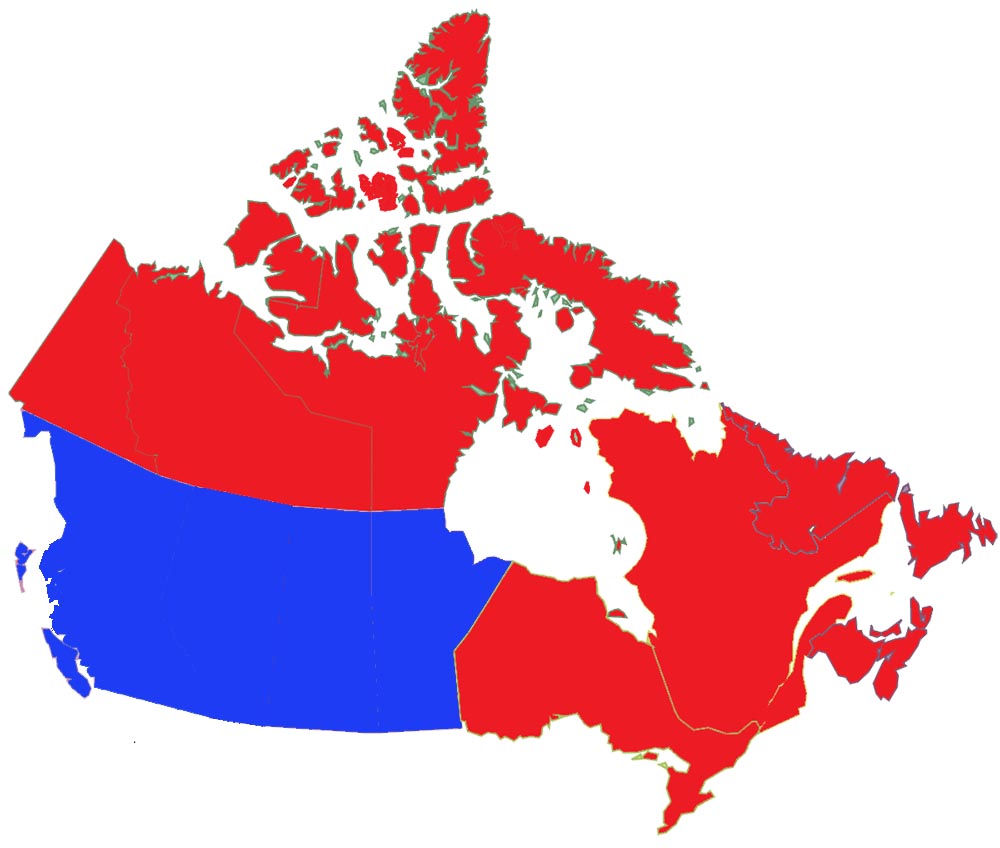An infamous quote (“Screw the west, we’ll take the rest”) from then Liberal organizer Keith Davey during the 1980 election drove Albertans’ bumper stickers saying “let the eastern bastards freeze in the dark”.
Pierre Trudeau and his notorious National Energy Program (NEP) had caused so much major damage to Liberal electoral chances in Alberta that it continues to this day. The former Prime Minister damaged more than Alberta’s economy with that cynical NEP legislation – he seriously aggravated the longstanding suspicion in the west that the Liberal Party was more of a vampire than friend. The current Prime Minister is doing it again with Bill C-69.
Bill C-69 is meant to replace the National Energy Board, adding to the existing mountain of regulations and other obstacles that now stand in the way of pipelines and other vital energy projects. Environmental and Indigenous “duty to consult” requirements – already onerous – have become almost impossible to meet.
But it gets worse: while NEP was an assault on Alberta, it was not an attempt to destroy an entire industry. Bill C-69 is. The feeling is strong in the west that the Liberal Party’s extreme ideology – the belief that the oil and gas industry must be shut down to save the world – is the real reason for C-69. Which is: murder by legislation of the fossil fuel industry. It will cripple economic recovery. And worse. C-69 is also a direct assault on fundamental property rights.
The Canadian Association of Energy and Pipeline Landowners Associations CAEPLA is Canada’s leading national grassroots property rights organization. CAEPLA recognizes that under C-69, federal government inspectors can now bring along “Indigenous Monitors” onto private land, and the landowner has absolutely no right to object.
“Indigenous Monitors” can unilaterally decide if something on your land is archaeologically valuable to them. They may also have the right to perform “cultural ceremonies” on your land. This applies to any landowner with a federally regulated energy project located on their land.
The landowner automatically becomes part of the federal government’s “Reconciliation Agenda”. “Reconciliation” sounds nice, but the ultimate goal here is expropriation. The astounding thing is that all of this is being done in secret, and with no input from the public. This secret assault on property rights should not surprise anyone who has been following the current federal government’s Indigenous initiatives.
For example, the federal government’s recent deal with unelected people, who call themselves “Wet’suwet’en hereditary chiefs”, is so secret that thousands of town and rural landowners might soon be horrified to find out that they don’t own the land they thought they did. Why? Because their houses, farms, and businesses that they bought and paid for are on something the government now chooses to call “Wet’suwet’en land”.
The Prime Minister’s current federal government has also introduced a “Practice Directive”. It prevents federal lawyers from even properly defending the approximately 45,000 outstanding Indigenous claims. That is if a proper defence would interfere with…..yes, there’s that “reconciliation” word again. Or, should it be spelled $Reconciliation$? And if you think that the federal government will be on the landowner’s side, think again. The current federal government sees the property owner as just another obstacle in the way of its extreme Indigenous agenda.
 Lawyer Peter Best is the author of “There Is No Difference” (thereisnodifference.com). His book carefully details the unrelenting assault on Crown sovereignty by an activist Supreme Court and the current ideological federal government. Here is how Best describes it:
Lawyer Peter Best is the author of “There Is No Difference” (thereisnodifference.com). His book carefully details the unrelenting assault on Crown sovereignty by an activist Supreme Court and the current ideological federal government. Here is how Best describes it:
“Across the board, the federal government has surrendered large parts of its sovereignty to Indigenous interests. Crown sovereignty is the foundation of our economy and of private property rights. Every surrender of Crown sovereignty brings about a corresponding economic harm and diminishment of private property rights.”
The fact is that C-69 is not only bad legislation, it is an unconscionable interference with property rights. It is also an attempt to sneak in the back door questionable legislation that should be part of a constitutional debate. If the federal government seeks to fundamentally change property rights, it must do so openly and honestly in a process that allows every citizen the opportunity to actively participate.
Brian Giesbrecht, a retired judge, is a senior fellow at the Frontier Centre for Public Policy.



